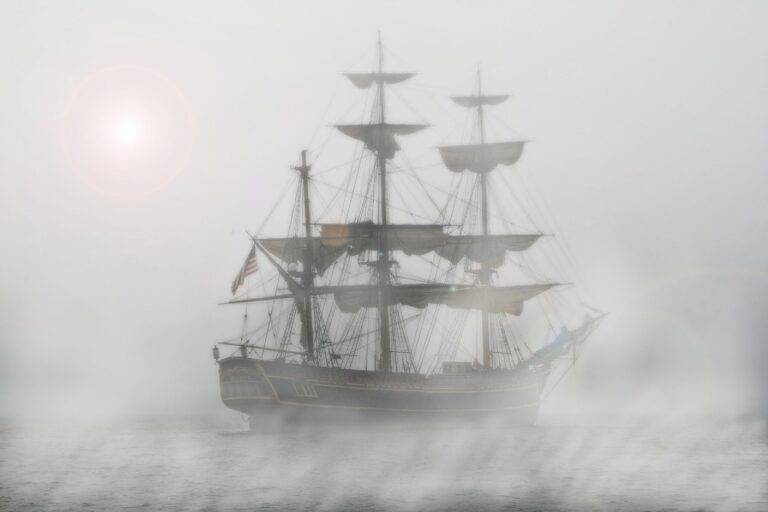Traveling for History: Discovering Unique Maritime Heritage
Traveling for history can be a truly enriching experience, especially when it comes to exploring unique maritime heritage around the world. Maritime heritage refers to the history and culture surrounding the sea, ships, sailors, and maritime activities. From ancient seafaring civilizations to modern naval innovations, maritime heritage offers a fascinating glimpse into the past and present of human interaction with the world’s oceans.
Exploring Ancient Maritime Civilizations
One of the most compelling aspects of traveling for history is the opportunity to explore ancient maritime civilizations that have shaped our understanding of the world. From the Phoenicians and Greeks to the Vikings and Polynesians, these seafaring cultures played a crucial role in the development of global trade, navigation, and exploration.
The Age of Exploration and Discovery
During the Age of Exploration in the 15th to 17th centuries, European sailors embarked on daring voyages to discover new lands and establish trade routes. Explorers such as Christopher Columbus, Vasco da Gama, and Ferdinand Magellan made significant contributions to maritime history, forever changing the course of world events.
Naval Battles and Maritime Warfare
Throughout history, naval battles and maritime warfare have played a pivotal role in shaping the geopolitical landscape. From the Battle of Salamis in ancient Greece to the Battle of Midway in World War II, naval conflicts have often decided the fate of nations and empires.
Preserving Maritime Heritage Sites
Preserving maritime heritage sites is essential for maintaining a connection to our seafaring past. Organizations such as UNESCO work to protect and promote significant maritime heritage sites around the world, ensuring that future generations can continue to learn from and appreciate our maritime history.
Exploring Unique Maritime Museums
One of the best ways to dive into maritime heritage is by visiting unique maritime museums that showcase ships, artifacts, and interactive exhibits. From the Maritime Museum of Denmark to the Mystic Seaport Museum in the United States, there are countless opportunities to immerse yourself in the rich history of seafaring cultures.
Maritime Heritage Tourism and Eco-Friendly Travel
As travelers, we have a responsibility to engage in sustainable and eco-friendly tourism practices when exploring maritime heritage sites. By supporting local conservation efforts and reducing our environmental footprint, we can help protect these valuable cultural treasures for future generations.
Conclusion
Traveling for history offers a unique opportunity to discover the rich maritime heritage that has shaped our world. From ancient seafaring civilizations to modern naval innovations, exploring maritime heritage can provide valuable insights into the past, present, and future of human interaction with the sea. By preserving and promoting our maritime heritage sites, we can ensure that these cultural treasures continue to inspire and educate travelers for generations to come.
FAQs about
Q: What are some of the most famous maritime heritage sites in the world?
A: Some of the most famous maritime heritage sites include the Maritime Museum of Denmark, the Mary Rose Museum in the UK, and the Vasa Museum in Sweden.
Q: How can travelers support the preservation of maritime heritage sites?
A: Travelers can support the preservation of maritime heritage sites by engaging in sustainable tourism practices, donating to conservation efforts, and advocating for the protection of these cultural treasures.
Q: What are some eco-friendly travel tips for exploring maritime heritage sites?
A: Some eco-friendly travel tips include using public transportation, reducing plastic waste, supporting local conservation initiatives, and choosing accommodations with green certifications.
Q: How can travelers learn more about maritime heritage before their trip?
A: Travelers can learn more about maritime heritage by reading books, watching documentaries, visiting maritime museums, and participating in guided tours led by expert historians.





